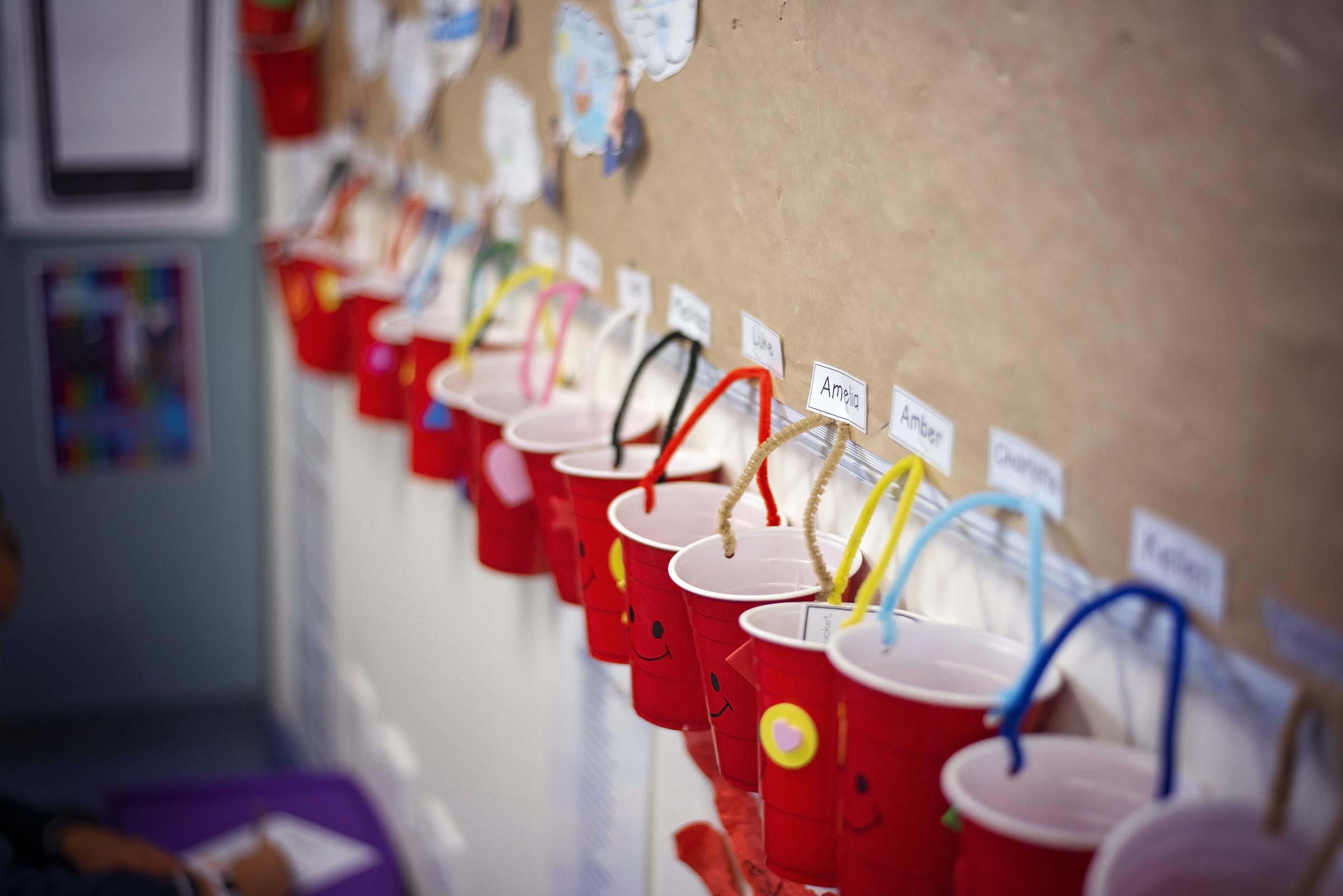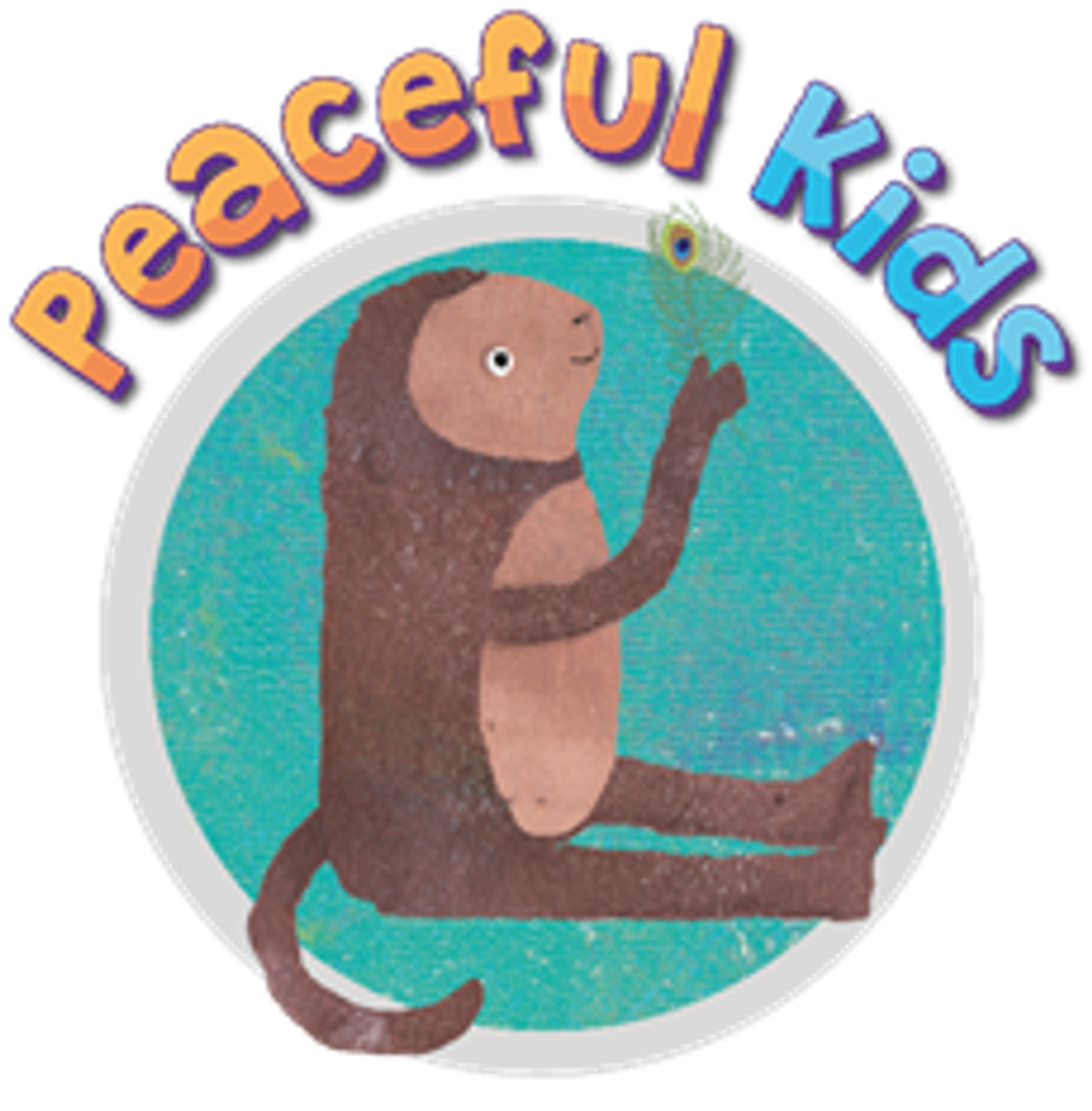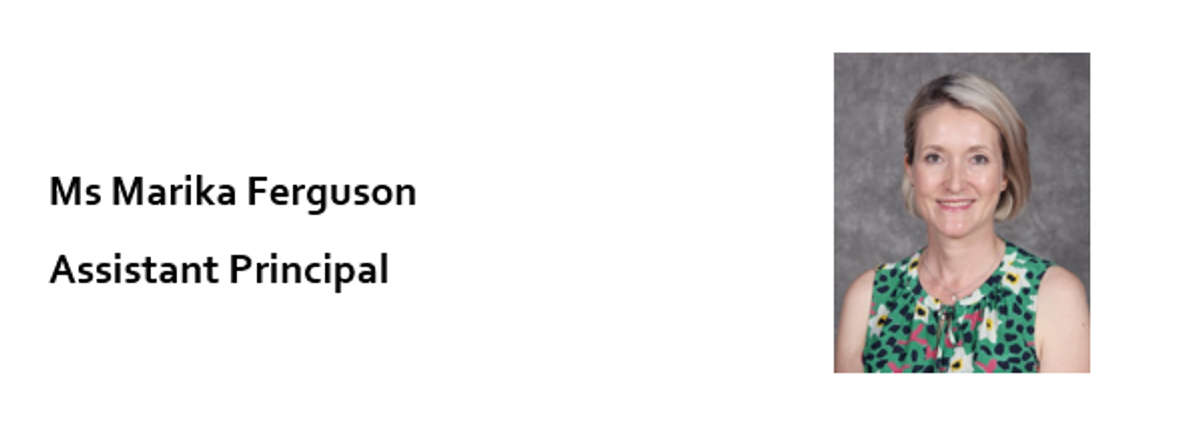Wellbeing & Engagement

This term at Rangeview our teachers are learning about the Peaceful Kids Program.
‘Peaceful Kids’ is a Mindfulness and Positive Psychology based program to lessen anxiety and stress and increase resilience in children. The program has been created to fulfil a need in schools to offer all children a developmentally appropriate program that gives children the skills, practice and support to utilize coping strategies that lessen the symptoms of anxiety and stress.
As well as running one small group Peaceful Kids Program each term, our teachers will be able to integrate some of the Peaceful Kids strategies into classrooms across the school. Any students invited to participate in the small group program will have a notice sent home prior to the group commencing.
Outcomes of the Peaceful Kids program:
- Lessen symptoms of anxiety and stress in children
- Teaches children to self-calm
- Empowers children to manage their own anxiety and stress symptoms
- Builds emotional resilience
- Develops emotional intelligence skills
- Teaches children life-long skills to manage stress and prevent stress build up
- Supports children so they know that they are not alone with suffering from anxiety
Peaceful Kids is based on evidence based therapies and research:
- Mindfulness Based Stress Reduction program (MBSR)
- Mindfulness-integrated Cognitive Behaviour Therapy (MiCBT)
- Positive Psychology
- Acceptance and Commitment Therapy
Small Group Program structure:
- Peaceful Kids is a 8 week program for children
- Sessions are for approximately 1 hour each week. (40-50 minutes for Prep and Year 1’s)
- Sessions include learning a range of mindfulness strategies and positive psychology exercises.
- Children can access mindfulness activities daily online via the Peaceful Kids website: https://www.peacefulkids.com.au/
- Each week the children learn a new mindfulness activity and positive psychology strategy that they can share with parents at home. It would be great to give your child the time to practice these strategies at home so they learn to incorporate these into their daily lives.
Program Content
Children learn about:
· Basic theory on Mindfulness and how it affects the brain and lessens stress and anxiety
· The different ways to practice Mindfulness and integrate it into their lives
· Their feelings and how this relates to anxiety and stress levels
· Understanding stress and how it relates personally to them
· Understanding triggers for stress and how to calm down when feeling stressed
· Physical symptoms of stress and learning to identify when they need to take time out to calm themselves
· Worrying and how it affects their happiness
· Different types of thinking that increase anxiety or lessen anxiety
· Noticing their own self-talk and how this is affects worrying and stress levels
· Creating a balanced lifestyle including lots of chill out time and being in the flow
Children learn life skills of:
· A range of Mindfulness activities
· Positive psychology exercises
· Techniques to lessen worrying
· A variety of coping strategies
· A variety of problem solving strategies
· Journaling and expressing their worries
· Facing challenges and fears step by step
· Preventative strategies to help prevent stress build up
· Being attuned to their own bodies and minds
· Being in the flow more regularly and enjoying more of the present moment
Research:
If you would like to learn about Mindfulness and Positive Psychology and its benefits, the following links may be useful to outline the science and evidence based research that the program is based on.
http://au.reachout.com/what-is-mindfulness
http://www.umassmed.edu/cfm/research/
http://www.mindfulschools.org/about-mindfulness/research
http://www.mindful.org/the-science/medicine/the-science-of-mindfulness
http://www.sciencedaily.com/releases/2011/01/110121144007.htm
http://www.actionforhappiness.org
http://mindfullearning.com.au/about-mindful-learning/authors/


